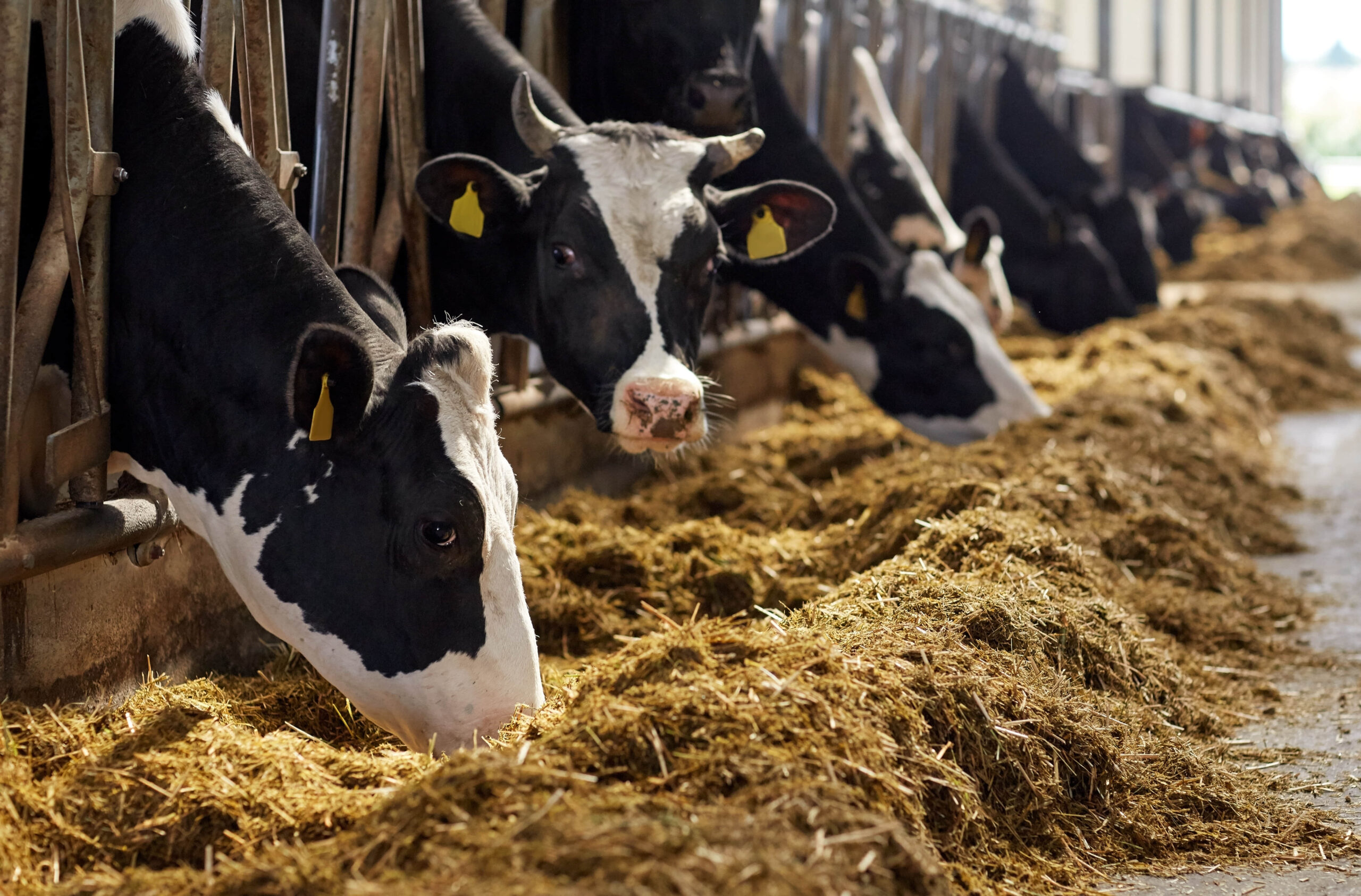An alternative start-up company in California called Perfect Day has come up with smart and unique dairy products that have never been seen before. They’re not exactly plant-based, but the process is entirely cruelty-free. These lab-made dairy products do contain genuine milk proteins, but they’re created through fermentation, not cows. And, guess what? They might actually be healthier to consume and friendlier for the environment.
Not Exactly Vegan, But Still Cruelty-Free
Though it may have taken years to achieve, Perfect Day has successfully created dairy products inside a lab. They were able to achieve this by obtaining the genetic code that is responsible for making the cows’ milk protein. This blueprint was then added to tiny organisms called microflora, which is fed plant sugar.
As the fungus fermented, it converted those sugars into milk proteins, which were filtered and dried into a powder that’s used in cheese and ice cream. That’s how they came up with an animal-free product that’s still technically dairy. The whole process is called “precision fermentation.”
What Does This Entail for the Future?
This breakthrough could become a fantastic alternative to factory farming. Compared to conventional production methods, Perfect Day’s whey protein production can reduce greenhouse gas emissions by up to 97 percent. Additionally, according to postdoctoral fellow Josh Milburn of the University of Sheffield, cultured milk might even be healthier than the real thing, as it can be created without any antibiotics, lactose, or hormones. It’s also less likely to carry food-borne infections.
So, can it actually replace dairy? The US Food and Drug Administration already approved Perfect Day’s process last year, but to date, it’s still unclear how these products will be labeled, especially when distributed globally. There are some regulations in place, such as in the UK and Europe, which do not consider precision fermentation as real milk, meaning it will probably be prohibited from being labeled as such on the sales packaging.
There’s still a lot to figure out about how we should approach these lab-made dairy products. Although it will certainly be a great alternative in the interest of the environment, it’s too soon to tell how much it will do in terms of replacing all milk products.

